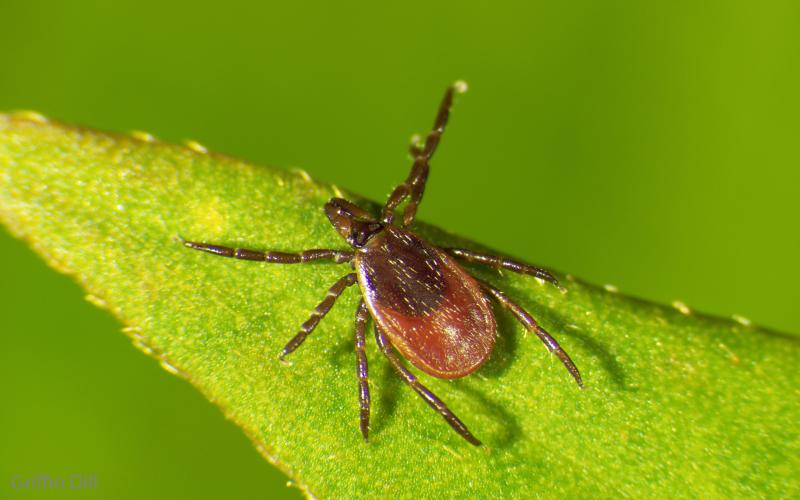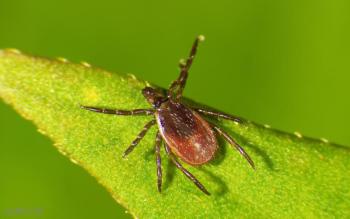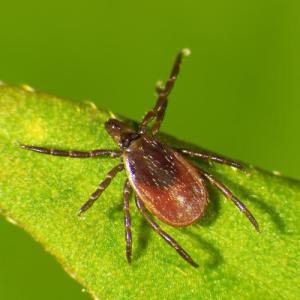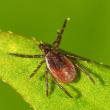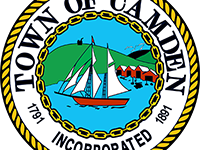UMaine Extension offers tick testing
University of Maine Cooperative Extension is now accepting tick samples for tick-borne disease testing. Maine residents can have ticks tested for the pathogens that cause the three most common tick-borne diseases — Lyme disease, anaplasmosis and babesiosis — for $15 per sample. Species identification of tick samples continues to be free.
Testing is done at the new UMaine Extension Diagnostic and Research Laboratory in Orono at 17 Godfrey Drive. The tick identification and testing program will allow researchers to track the spread of ticks and their associated diseases in the state, while also surveying for new tick species and pathogens.
Instructions on submitting a tick specimen to the lab are online. Information on different tick species of Maine, tick management, tick-borne diseases and personal protection also is available on the tick lab’s website or by contacting 207.581.3880, 800.287.0279 (in Maine); tickID@maine.edu.
University of Maine Cooperative Extension:
As a trusted resource for over 100 years, University of Maine Cooperative Extension has supported UMaine's land and sea grant public education role by conducting community-driven, research-based programs in every Maine County. UMaine Extension helps support, sustain and grow the food-based economy. It is the only entity in our state that touches every aspect of the Maine Food System, where policy, research, production, processing, commerce, nutrition, and food security and safety are integral and interrelated. UMaine Extension also conducts the most successful out-of-school youth educational program in Maine through 4-H.
Event Date
Address
United States

